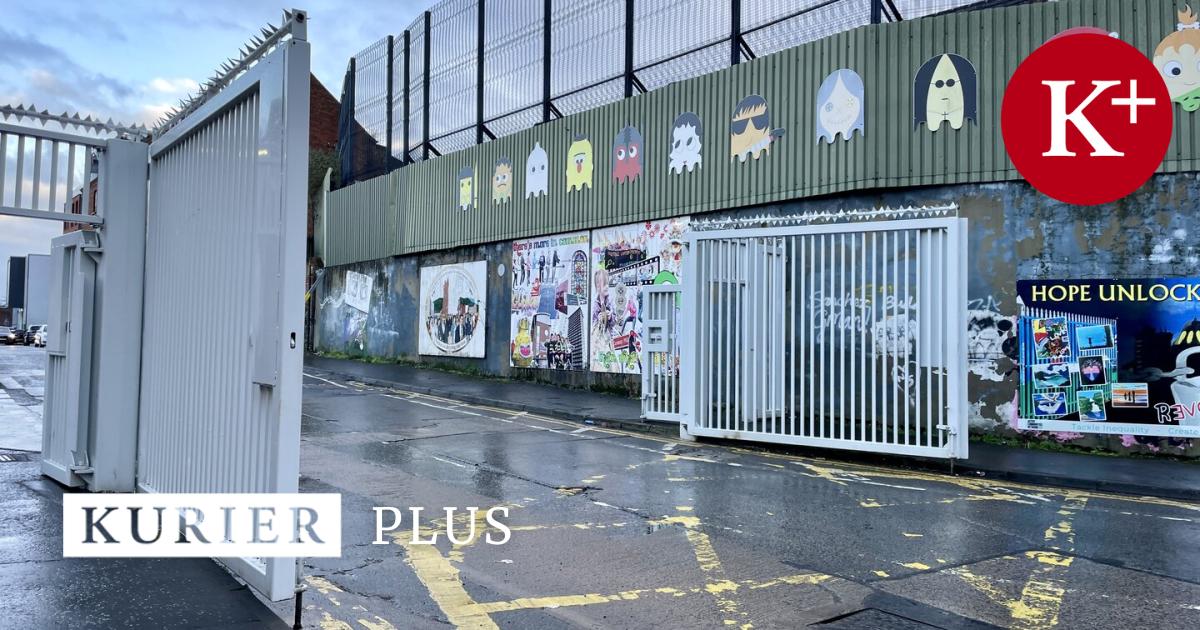When Jim White was just 14 years old, he lost his best friend not due to a move or an argument, but because of an eight-meter high wall that suddenly separated the Protestant north from the Catholic west of Belfast. Now, at 69 years old, Jim White can revisit the once notorious Catholic Springfield Road in west Belfast, but he prefers not to. He acknowledges that a lot has changed since the troubles, but he still values the Peace Wall gate on North Howard Street being closed overnight as a precaution.
Half a kilometer away from Jim White, Michael Culbert works with his association Coiste, offering political tours along the Peace Wall. Culbert, a former IRA member, has taken around 16,000 people to central points in Belfast to explore the history of the paramilitary. He aims to make things visible and stand up for politically condemned people like himself. Culbert joined the IRA at 23 after witnessing Bloody Sunday, a pivotal moment that led to his involvement in the conflict.
Tour guide James Ellison leads tours through the conflict hotspots of Belfast, sharing stories of pivotal events like the Abercorn Restaurant bombing and the emergence of spaces where young Protestants and Catholics could socialize together. Despite the city’s dark legacy, tourism in Belfast has thrived since 1998, surpassing a billion euros in revenue. However, Ellison emphasizes that peace remains fragile, as evidenced by recent incidents of violence related to Brexit concerns.
While older generations remember the turbulent history of Northern Ireland, younger residents like Gemma Gabbie and a group of teenagers are more focused on moving forward. Gabbie believes that the Good Friday Agreement has served its purpose while teenagers advocate for Gates of Peace to remain open longer seeking to bridge communities’ divide in Belfast. The future of Northern Ireland rests on finding balance between its troubled past and hope for a peaceful future where walls no longer separate friends.
In conclusion,
The legacy of conflict is etched deep into Northern Ireland’s history; however, tourism has thrived since 1998 surpassing over €1 billion in revenue despite recent incidents related to Brexit concerns.
Michael Culbert offers political tours along the Peace Wall while James Ellison shares stories about pivotal events like Abercorn Restaurant bombing and emergence of spaces for Protestants and Catholics socialization.
Gemma Gabbie believes that Good Friday Agreement has served its purpose while teenagers advocate for Gates of Peace remaining open longer seeking community bridges.
Jim White acknowledges that peace remains fragile despite significant changes since troubles while still appreciating closed gates overnight as precaution.
